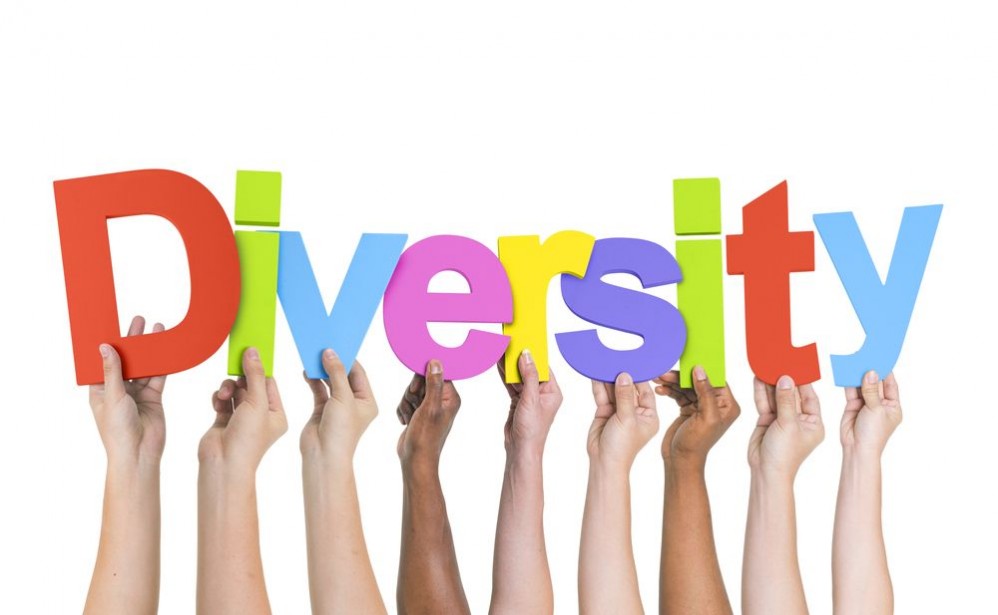Diversity at ISB

ISB admits approximately 800 select individuals to the PGP every year. Whereas diversity of profile is the prevailing norm at business schools, this aspect of management education takes on a whole new dimension at ISB. A typical class comprises journalists, actors, film directors, army and merchant navy officers, entrepreneurs, chartered accountants, investment bankers and ex-consultants holding degrees in commerce, humanities and, of course, engineering.
While the average work experience of the class lies in the four to five year bracket, people come with as little as two years and as much as 20 years of professional experience. Attending lectures in the company of such a diverse group lends rich perspectives to the subjects being taught, as participants share their unique experiences and viewpoints with the class. For example, a financial valuation or marketing analytics course is significantly augmented by the invaluable, practical insights shared by a classmate who happens to have worked in the same domain.
The ‘study groups’ – groups of 4-5 students who undertake projects and assignments together – at ISB illustrate the quintessential melting-pot syndrome that enriches the learning culture of this institution. When an ex-consultant from a top-tier consulting firm, an English graduate, an ex-army captain, a doctor and a chartered accountant brainstorm a problem, one can be assured of the optimal solution, revealing facets of the problems that may well have been missed in an individual evaluation. A class at ISB spawns critical and creative thoughts because multiple perspectives come into play all the time.
The average class is comprised of around 30% female students, constituting a very healthy proportion of the total strength. The attitude and approach of any team is rendered more comprehensive and incisive by the presence of women in the group; be it in tackling an assignment, working on a case competition or planning a venture!
The class is patently diverse from a test score viewpoint as well. The GMAT scores for an ISB class range from as low as 600 to as high as 770. However, students with low GMAT scores are generally students with higher than average work experience, non-traditional backgrounds or entrepreneurial profiles, with the propensity to add tremendous value to the class through their varied experiences.
Beyond academic and professional diversity, the outstanding factor that differentiates the ISB experience is the intellectual stimulation afforded by constant interactions with potential thought leaders, who live in shared ‘quads’ and work on common projects. Many a start-up has evolved within the confines of these shared quarters. The informal chai sessions, involving people as unlike one another as mountaineers, artists who are Limca Book record holders, national level sports players, wine connoisseurs and cartoonists, to name a few, epitomize the spirit of healthy dissent, discussion and constructive decision-making that marks the ISB brand.
Students on exchange from far-flung countries and cultures as diverse as that of Hong Kong, France or Switzerland also bring in novel perspectives, enhancing the degree of the ISB students’ exposure to different cultures and global best practices.
The ISB experience is unmatched in terms of world-class quality and a commitment to excellence; and an undeniable advantage of being a participant is the opportunity to expand the horizons of the mind by consistently engaging in dialogue and debate with a refreshingly diverse peer group.